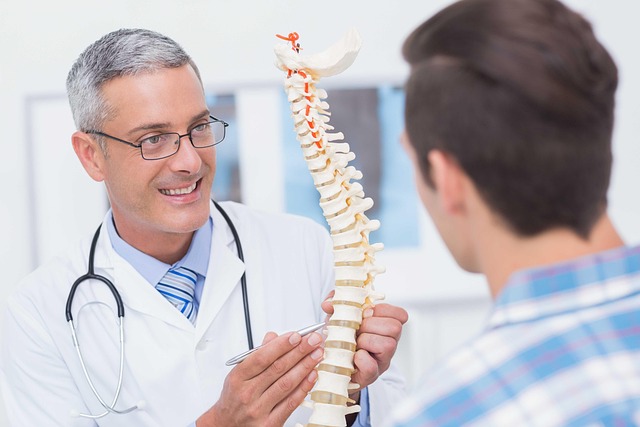Medical records, witness testimonies, and expert opinions are crucial components for building a solid medical malpractice claim. Promptly organizing and reviewing medical documents, gathering corroborating statements, and engaging specialized attorneys to access respected medical experts can significantly strengthen the case, increasing the likelihood of a favorable outcome in legal proceedings.
When pursuing a medical malpractice claim, gathering comprehensive supporting documentation is paramount. This includes medical records, detailed accounts from witnesses, and expert opinions that validate your case. Medical records serve as primary evidence, providing insights into treatments, diagnoses, and potential negligence. Witness testimonies offer firsthand perspectives, enhancing the credibility of your claim. Expert opinions further strengthen your position by offering specialized analyses and conclusions. Navigating these aspects effectively can significantly impact the outcome of a medical malpractice claim.
- Medical Records: Your Primary Evidence
- Witness Testimonies: Gathering Support from Others
- Expert Opinions: Solidifying Your Claim's Credibility
Medical Records: Your Primary Evidence

Medical records are often considered the primary evidence when building a strong case for a medical malpractice claim. These detailed documents provide an intimate look into a patient’s health history, treatment plans, and outcomes, making them invaluable in supporting or refuting allegations of negligence. From doctor’s notes to lab results, every entry can serve as crucial proof during legal proceedings, especially in complex cases like wrongful death claims or truck accident claims where client recovery is at stake.
For individuals pursuing a medical malpractice lawsuit, organizing and accessing these records promptly becomes essential. Patients should initiate the process by requesting their medical files from each healthcare provider involved. This might include hospitals, clinics, specialists, and even emergency services. Once obtained, these records should be meticulously reviewed, as they can reveal patterns of errors or deviations from accepted standards of care, which are fundamental in establishing liability.
Witness Testimonies: Gathering Support from Others

When building a strong case for a medical malpractice claim, witness testimonies hold significant weight. These can come from various sources, such as friends, family members, or even other healthcare professionals who were present during the incident in question. People who witnessed the events can provide crucial insights and corroborate your version of what transpired, which is essential in legal disputes like a medical malpractice claim or truck accident claim.
Gathering these testimonies might involve reaching out to those who accompanied you during hospital visits or appointments, especially if they noticed any concerning behavior from the healthcare provider. In the case of a car accident settlement, for instance, passengers or bystanders who witnessed the incident could offer valuable statements that support your narrative and help strengthen your truck accident claim or Boca Raton auto accident attorney’s case.
Expert Opinions: Solidifying Your Claim's Credibility

When building a strong case for a medical malpractice claim, expert opinions play a pivotal role. These insights from qualified professionals can significantly enhance the credibility of your claim and carry substantial weight in legal proceedings. Obtaining comprehensive medical records is a crucial first step; these documents provide an accurate account of treatments, diagnoses, and patient history.
Engaging with reputable accident attorneys who specialize in elder law or truck accident injuries can facilitate access to respected medical experts. These legal professionals understand the intricate nature of medical malpractice cases and will guide you through the process of gathering expert opinions tailored to your specific claim. Their expertise ensures that all necessary evidence is presented, solidifying your case’s strength and increasing the chances of a favorable outcome.
When building a strong medical malpractice claim, gathering comprehensive supporting documentation is paramount. Medical records serve as primary evidence, detailing treatments and outcomes. Witness testimonies provide additional perspectives, while expert opinions further bolster the credibility of your case. By combining these elements, you create an unassailable record, ensuring a solid foundation for your medical malpractice claim.






